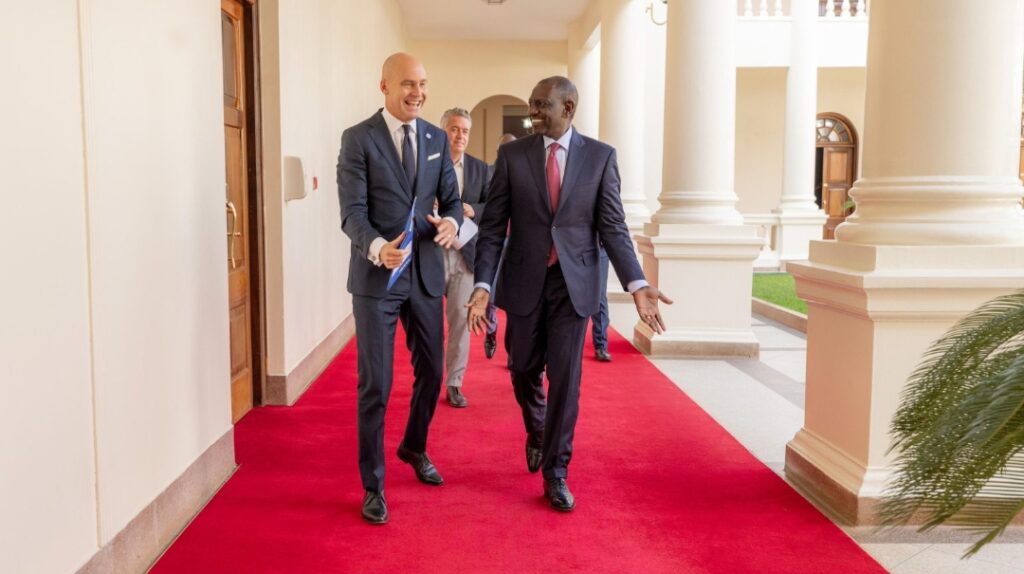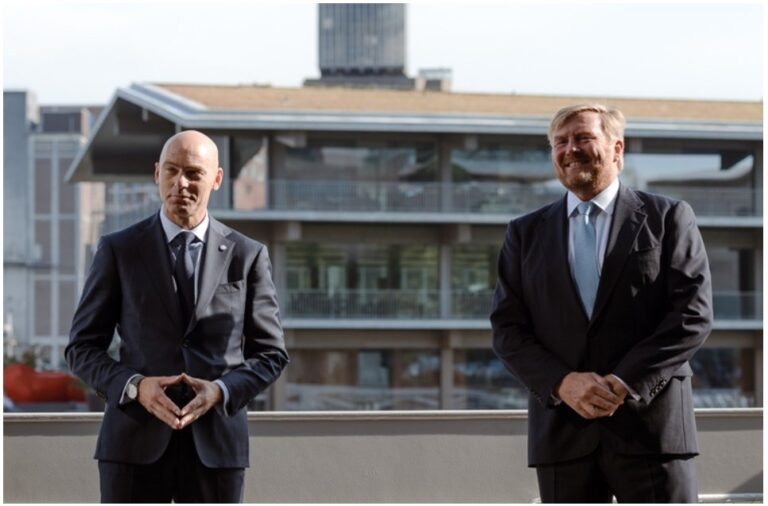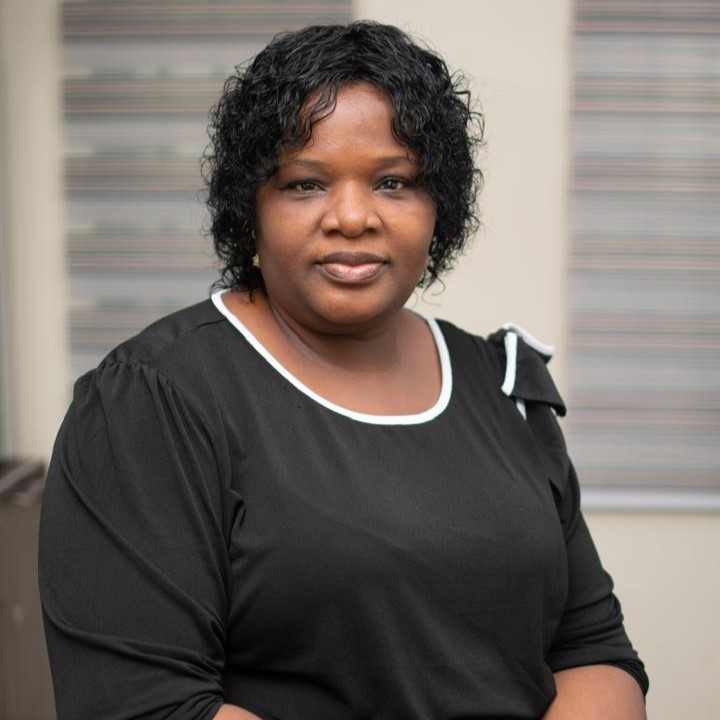The Netherlands has announced it will withdraw funding for an international climate centre it helped establish eight years ago, effectively bringing the project to an end after 2026.
The Global Center on Adaptation (GCA), based in Rotterdam, was envisioned as a global hub where countries could seek guidance on climate change. In reality, however, much of its work has centred on Africa, and according to experts, its ‘solutions’ lack “local ingenuity, cultural identity, and shared purpose”.
This perceived shift in focus, the Dutch government says, it no longer wishes to fund.
The centre now faces the risk of collapse, according to officials from various countries and stakeholders who spoke with NOS in a recent report.
The United Kingdom has also decided to halt its funding for the GCA, while the Gates Foundation is reportedly reconsidering its contributions. Together with the Netherlands, these donors accounted for about half of GCA’s total funding.
GCA’s leadership
The GCA has drawn high-profile figures to its leadership. Its board includes former Dutch Prime Minister Jan Balkenende, while top executive Feike Sijbesma serves as co-chair of the Supervisory Board. The Advisory Board features Rotterdam Mayor, Carola Schouten and former European Union (EU) Commissioner and current International Monetary Fund (IMF) Director, Kristalina Georgieva.
Other global leaders fronting for GCA include the former UN Secretary-General Ban Ki-moon; the immediate past President of the African Development Bank (AfDB), Akinwunmi Adesina; President William Ruto of Kenya; former President Macky Sall of Senegal, and President Samia Hassan of Tanzania, among others.
GCA’s many controversies
Meanwhile, in the Netherlands and other donor countries, the centre seems to be facing controversies over governance issues and the suspicious close ties between its director, Patrick Verkooijen, and President Ruto.

Earlier in the year, Mr Verkooijen sparked a diplomatic stir during a state visit by King Willem-Alexander and Queen Máxima to Kenya. In a speech delivered before the royal couple, he lauded the Kenyan president as “a true leader in a turbulent world.”
He added: “Amid the chaos, you are showing real leadership, Mr President. Thank you for that.” Mr Verkooijen also urged both leaders to “build bridges, not walls”.
The unannounced speech delivered in breach of protocol was poorly received by the Dutch delegation, according to several attendees. King Willem-Alexander was said to have been visibly taken aback, while Mr Verkooijen heightened tensions during an already delicate state visit by openly siding with Mr Ruto as a Dutch national in the monarch’s presence.
Back in Kenya, Mr Ruto is facing criticism for violently suppressing protests against his government, during which dozens of people were killed in police crackdowns and several abductions were reported.
When asked by NOS in an interview whether this diplomatic incident contributed to the withdrawal of Dutch subsidies, Mr Verkooijen declined to respond. “I thought we were having a very different conversation. We are talking about climate adaptation, and now you bring up some vague sources. I have no further comment,” he said.
Relocation threat
Mr Verkooijen, speaking at the United Nations in New York, threatened that the centre could relocate its headquarters to Nairobi if the Netherlands goes ahead with its funding cuts. “Without renewed support from the host country, we will be forced to close our office in Rotterdam and move all activities and operations to our new office in Nairobi,” his spokesperson told NOS in an email.
ALSO READ: ‘In Between Sexes’: Nigeria’s intersex community battles stigma, medical abuse
To reinforce the threat, another prominent figure has been deployed: former UN Secretary-General Ban Ki-moon, one of the international faces of the GCA. The South Korean, who serves as “honorary chair” of the Supervisory Board, co-signed a letter to caretaker Prime Minister Schoof, urging the government to release funding.
In an interview with NOS, he said: “We are discussing this with other countries, Kenya, for example. But it would be much better to stay in the Netherlands. So I ask you to reconsider this.”
The threat to relocate is unlikely to sway officials in The Hague. Over the past year, the close ties between Director Verkooijen and Kenya’s President, Mr Ruto, have, in fact, caused unease within the Dutch government.
Unclean deals
Through his good contacts in Kenya, Mr Verkooijen secured an unpaid but prestigious side job. In early 2024, he became the highest official at the University of Nairobi.
Within other development or climate organisations, among former GCA employees, and among donor-country officials, this dual role is viewed with astonishment, especially since Mr Verkooijen’s climate office paid a total of 1.2 million euros to that same university for research shortly before his appointment.
Several sources that NOS spoke with called his dual role unethical, but Mr Verkooijen also declined to comment on this. He said: “This is nonsense. The data you mention is simply not correct.”
ALSO READ: Olorunyomi, Obasa set to return to OAU for alumni lecture
Later, his spokesperson corrected that statement in an email, confirming that payments were indeed made, but that agreements with the University of Nairobi had been made before Mr Verkooijen was appointed to his top position there.
But findings by DevReporting have shown that there are more to the relationships between Messrs Ruto and Verkooijen, as new bills reportedly passed by the Kenyan parliament have handed the GCA sweeping powers above the Kenyan laws.
Meanwhile, the Dutch Ministry of Infrastructure and Water Management, which once co-founded the GCA, and the Ministry of Foreign Affairs both emphasised that the center’s planned projects will end next year and will not be renewed for budgetary reasons.
Officially, the fact that GCA has not been without controversy in recent years is not part of the decision. But behind the scenes, it is clear that GCA will not be at the front of the line for new subsidies, despite years of support from the co-founder, the Netherlands.
The Ministry of Infrastructure and Water Management (I&W) says it is aware of GCA’s consideration of moving to Kenya, although it was not informed that this would be announced in New York. The ministry said it “naturally regrets that an organisation co-founded by us would leave the Netherlands.” But GCA is an independent foundation and must decide that for itself, according to a spokesperson.
A possible departure of GCA would be a problem for the city of Rotterdam. Eight years ago, the city won the competition among several Dutch cities to host the center. In exchange, it promised free housing until 2030. A floating office was built especially for GCA in the Katendrecht district of Rotterdam. That was an expensive investment for the municipality, of which GCA may end up making use for only a few years.
Rotterdam said in a response that the city was not aware of a possible move to Kenya.
Note: In subsequent reports, DevReporting will highlight the danger that the sweeping powers handed to the GCA by the Kenyan government may cause the country, and the continent of Africa by extension.


